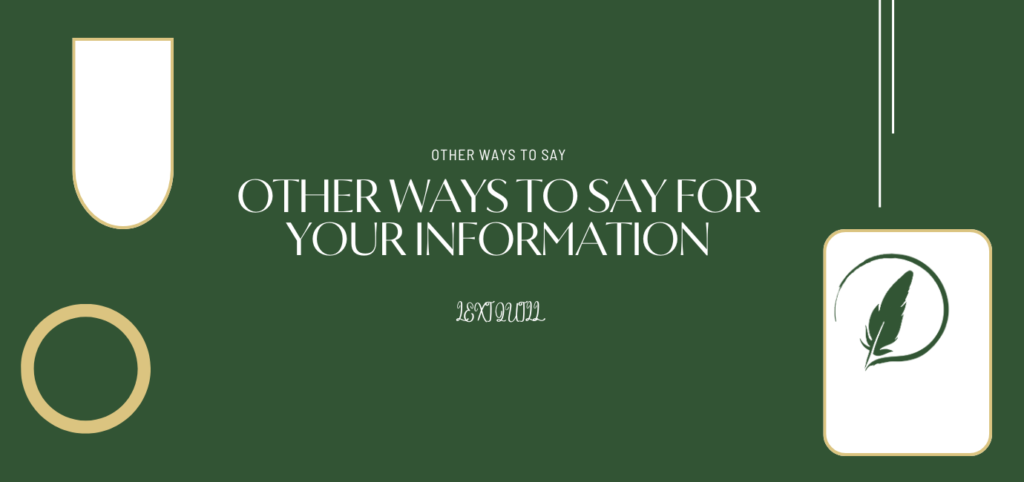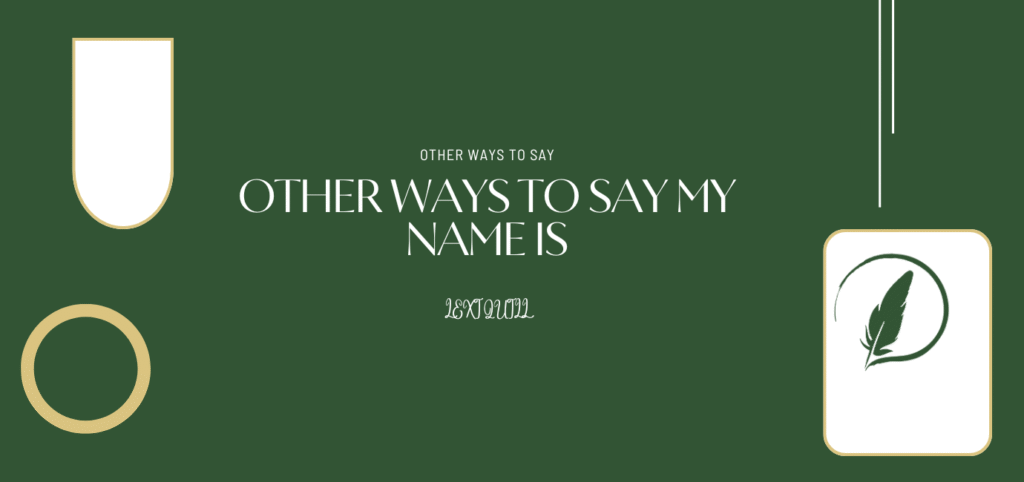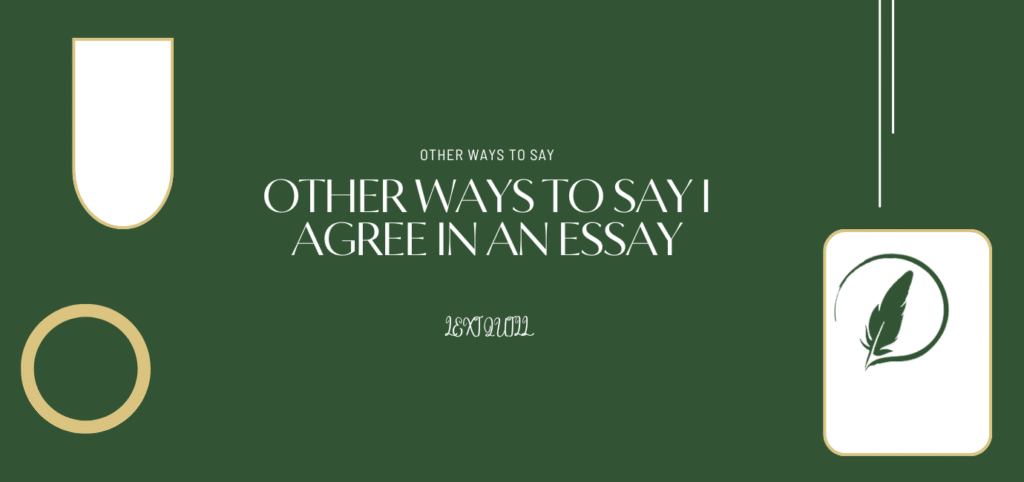In the professional world, the way you say something often matters as much as what you say. Whether you’re responding to a client request, agreeing with a colleague, or accepting an opportunity, how you express agreement can impact how others perceive your professionalism, competence, and tone. One of the most common phrases we use every day is simply: “yes.”
But how do you professionally say yes? This article explores nuanced, business-appropriate, and professional synonyms for “yes” that can help you communicate more clearly and confidently in a professional setting. Whether you’re a student entering the workforce, a seasoned professional, or someone simply looking to polish their workplace communication, these alternatives will prove valuable.
Option 1: “Certainly” – The Confident Agreement
Nuance:
“Certainly” conveys both agreement and confidence. It’s formal and assertive, often used to express enthusiastic consent or willingness to help, especially in customer service or when accepting tasks.
Contextual Usage:
- When responding to a client or customer request
- When accepting a task or meeting invitation from a superior
Example:
“Certainly, I’ll have the report ready by end of day.”
Related Terms: Definitely, absolutely
Option 2: “I Agree” – Direct and Collaborative
Nuance:
This alternative is best used in discussions and decision-making settings. It’s slightly more collaborative and indicates that you’re aligned with others’ views.
Contextual Usage:
- Team meetings or brainstorming sessions
- When supporting a proposal or opinion in conversation
Example:
“I agree with your approach to the project timeline; it’s practical and efficient.”
Business Synonyms: I support that, I’m aligned with that
Option 3: “Absolutely” – Strong and Enthusiastic Affirmation
Nuance:
Use “absolutely” when you want to express firm agreement or eager acceptance. It adds enthusiasm while maintaining professionalism.
Contextual Usage:
- When confirming understanding or compliance
- In motivating team responses or client conversations
Example:
“Absolutely, I can take the lead on that client presentation.”
Related Terms: Without a doubt, no problem
Option 4: “Of Course” – Friendly and Supportive
Nuance:
This phrase indicates a willingness to help or comply in a polite and friendly tone. It softens the agreement and is especially useful in service-oriented or internal support roles.
Contextual Usage:
- Responding to colleagues needing assistance
- In communications that require a touch of approachability
Example:
“Of course, I’ll forward those documents right away.”
Professional Synonyms: Naturally, with pleasure
Option 5: “That Works for Me” – Agreeing to a Plan or Suggestion
Nuance:
This phrase signals practical agreement without sounding overly formal. It’s best suited for scheduling and logistics-related communications.
Contextual Usage:
- When confirming meeting times or project timelines
- In casual yet professional email exchanges
Example:
“Tuesday at 10 a.m.? That works for me.”
Related Business Synonyms: Sounds good, that’s fine
Option 6: “I’d Be Happy To” – Willingness and Positivity
Nuance:
A polite and proactive way to say yes, especially when volunteering or being asked to help. It indicates a cheerful and cooperative attitude.
Contextual Usage:
- When accepting new responsibilities or offering help
- In professional emails or client responses
Example:
“I’d be happy to assist with the onboarding process next week.”
Professional Synonyms: I’m glad to, It would be my pleasure
Option 7: “That Sounds Good” – Informal but Approachable
Nuance:
Ideal for internal communication and among peers. It shows agreement in a relaxed, conversational tone while still sounding professional.
Contextual Usage:
- In team chats or project planning meetings
- When collaborating with peers in a less formal tone
Example:
“That sounds good. Let’s proceed with the outlined action items.”
Related Terms: Fine by me, I’m good with that
Why Professional Language Matters
Polishing your workplace vocabulary not only enhances your ability to express agreement but also improves how you’re perceived by others. Using professional synonyms for common phrases like “yes” can:
- Build your credibility and authority
- Avoid misunderstandings through clarity
- Establish you as a thoughtful communicator
- Help maintain tone consistency in formal and informal situations
Being deliberate with your language choices demonstrates emotional intelligence and adaptability traits that are highly valued in any professional setting.
Conclusion:
Knowing how to professionally say yes is a small but powerful step toward improving your workplace communication. From formal responses like “Certainly” and “Absolutely” to more conversational choices like “That works for me,” each alternative offers a subtle nuance that can help you align your tone with the context and audience.
By incorporating these professional synonyms for “yes” into your daily interactions, you not only refine your language but also elevate your overall professional presence.
Start practicing these phrases today and notice how they transform your business communication.








